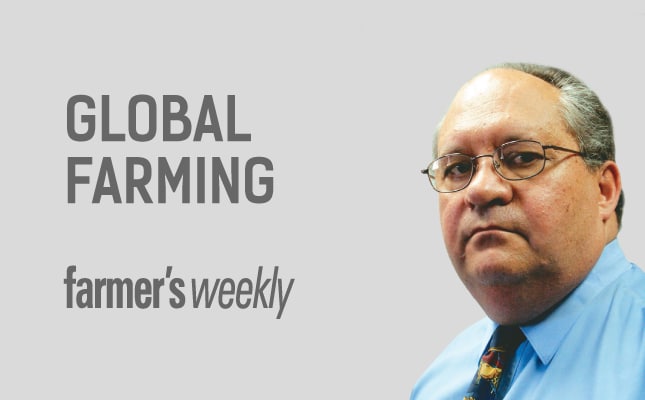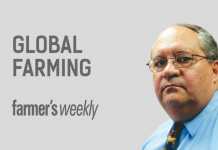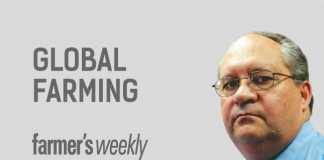
Economic growth in emerging markets slowed down from the high rates achieved immediately after the recession. Developed market growth did accelerate, however, mainly driven by a quick recovery of the US economy. These trends will probably reverse in coming years as the US faces a growth slowdown to a more sustainable 2%. Other developed countries are also likely to grow at a slower rate.
READ:Red meat industry must control its own future
Total global growth will accelerate as developing countries’ economies pick up speed and as their share of the global GDP increases to nearly half the global GDP. Experts expect global growth to revert to 4% in future, but key uncertainties remain.
The greek crisis
At the end of June 2015, the Greek debt crisis rocked financial systems globally. The closing of Greek banks created fear that Greece might exit the eurozone. Stock exchanges globally reacted negatively to this. In the US, the Dow Jones industrial average dropped nearly 2%, while the Standard Poor’s 500 share index lost all the previous year’s gains. In Europe, the Italian, Portuguese and Spanish stock markets dropped by 5%. Chinese markets also took a hammering.
Negative global sentiment
The main reason for the negative sentiment in global markets is fear about the health of the global financial system. Central banks spent US$10 trillion (that is, US$10 000 000 000 000, or about R124 trillion) to try to stimulate their economies out of the recession.
This has resulted in huge fiscal debt in many countries. Governments tried and largely managed to spend their economies out of trouble. Unfortunately, these ‘sovereign debts’, as they are called, must be serviced. Many countries such as Greece find it difficult to do this and need a bail-out from big brothers to manage sovereign debt.
Indeed, the Greek crisis has taken the financial world’s attention away from the problems in other countries. Italy’s economy’s total debt equals 259% of global domestic product and has increased by 66% since 2007 with government debt at 132% of GDP. French public debt is at 95% of GDP. France has not managed to balance its budget since 1974.
The principal problems
The main difficulties faced by these countries are slower economic growth, higher unemployment, poor public finances and the unwillingness to implement needed fiscal reforms, as well as structural problems such as high wages, inflexible labour markets and overly generous welfare benefits.
In France, unemployment has reached 10% with youth unemployment above 25%. In Italy, 12% of the population and more than 40% of the youth are unemployed. Eurozone countries are locked into the single currency system and cannot use weaker currencies to lower debt levels for easier repayment of debt. Weak economies and low inflation will result in debt increasing to unsustainable levels with dire consequences for countries such as Greece, France and Italy.
Thus, while global economic growth is expected to improve in 2016, global debt remains a major stumbling block.
South African inflationary outlook
At a May 2015 meeting, the SA Reserve Bank Monetary Policy Committee decided to keep the repo rate unchanged. At the same time, it clearly warned that the deteriorating inflation outlook means that the repo rate cannot be maintained at this level indefinitely.
The SA economy also faces many problems. While our total debt is still considerably lower than that of most developed countries, it has risen alarmingly in recent years and is not close to the emerging market average. National government net debt will probably reach 40% of GDP in 2014/2015, compared with 26% in 2008.
If one adds local government and public enterprises, the total debt is nearer to 60% of GDP. According to the SA Reserve Bank, this level of debt is unsustainable and the National Treasury is trying hard to reduce the speed of debt accumulation.
While government debt increased since 2008, there was a slight decrease in household debt to 77,6% of GDP, compared with a 2008 peak of 88,8%.
Dr Koos Coetzee is an agricultural economist at the MPO. All opinions expressed are his own and do not reflect MPO policy.




